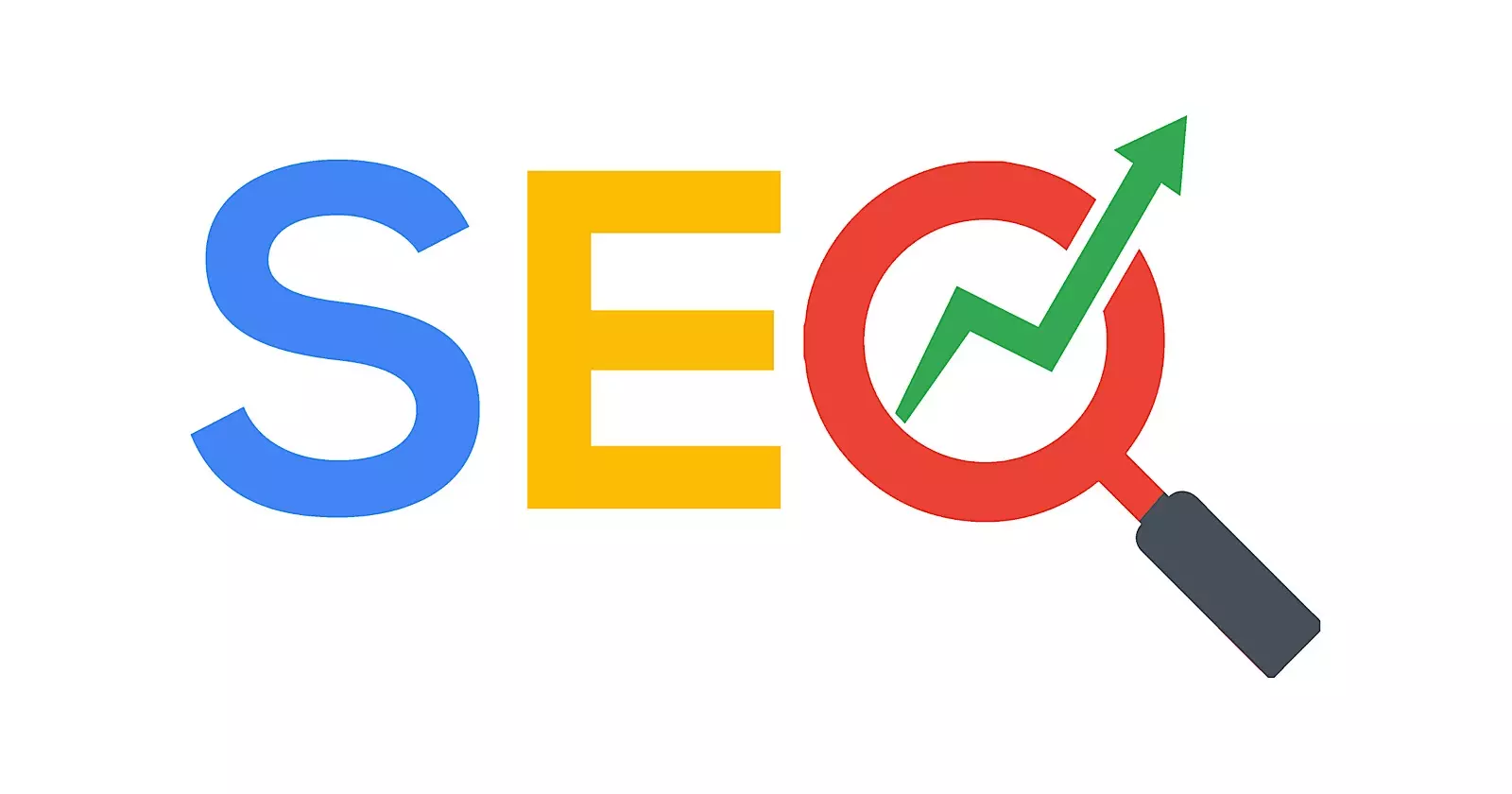Search engine optimization (SEO) is the process of improving the visibility of a website or web page in a search engine's unpaid results. SEO targets different types of search, including image search, video search, local search, and industry-specific vertical search engines.
The goal of SEO is to increase the quantity and quality of traffic to a website or web page from search engines. The higher a website ranks in the results of a search, the more likely it is to be visited by a user. SEO can be divided into two main categories: on-page SEO and off-page SEO.
On-page SEO refers to the practice of optimizing individual web pages in order to rank higher and earn more relevant traffic in search engines. This includes optimizing the content and HTML source code of a web page. On-page SEO can be broken down into several subcategories, including:
Title tags: Title tags are the text that appears in the tab of a web browser and as the main link in the search results. They should accurately and concisely describe the content of the page and include relevant keywords.
Meta descriptions: Meta descriptions are short summaries of a webpage's content that appear in the search results. They should be descriptive, accurate, and include relevant keywords.
Headings: Headings, also known as H tags, are used to structure the content of a webpage and make it easier for users to read and understand. They should be descriptive and include relevant keywords.
Alt text: Alt text is used to describe the content of an image and is important for accessibility and SEO. It should accurately describe the image and include relevant keywords.
READ ALSO - What Is On-Page SEO?
Off-page SEO refers to the practice of optimizing a website's presence and visibility on the web through external means. This includes building high-quality backlinks from other websites, as well as promoting the website through social media and other channels. Some common tactics for off-page SEO include:
Link building: Link building is the practice of acquiring high-quality backlinks from other websites. Backlinks are important because they demonstrate to search engines that a website is trustworthy and relevant.
Social media marketing: Social media marketing is the practice of promoting a website through social media channels. This can help to increase brand awareness and drive traffic to a website.
Content marketing: Content marketing is the practice of creating and distributing valuable, relevant, and consistent content to attract and retain a clearly defined audience. This can include blog posts, articles, infographics, and videos.
There are many factors that can affect a website's ranking in search engines, including the quality and relevance of its content, the user experience, and the strength of its backlinks. It's important to regularly review and update a website's SEO strategy in order to ensure that it is ranking well in search engines and driving relevant traffic.
SEO is an important part of any digital marketing strategy because it helps to increase the visibility and reach of a website. By improving a website's ranking in search engines, businesses can increase the quantity and quality of traffic to their site and potentially drive more sales and leads. Additionally, SEO can help to build brand awareness and establish a business as an authority in its industry.

Comments